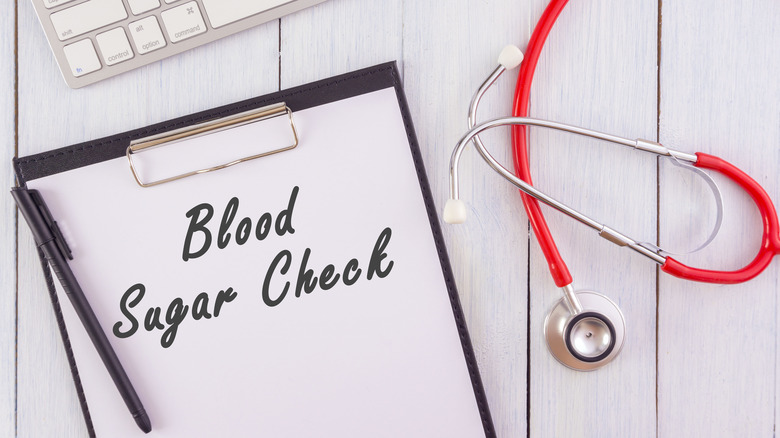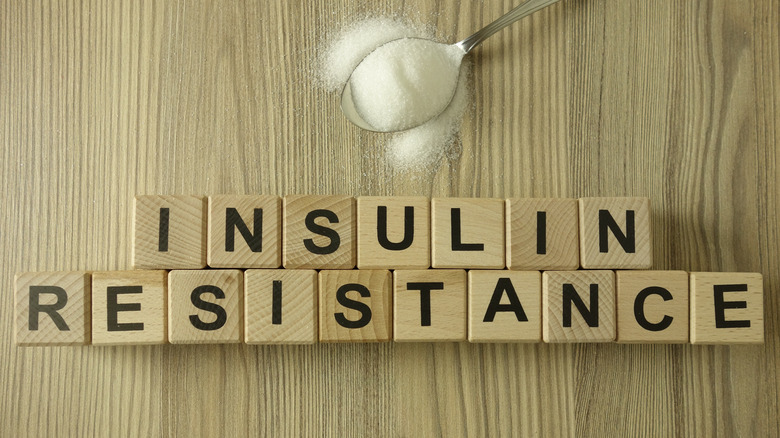How Artificial Sweeteners Affect Your Blood Sugar
According to M. Regina Castro, M.D., a consultant in endocrinology at Mayo Clinic, artificial sweeteners — also known as sugar substitutes, low calorie sweeteners or non-nutritive sweeteners — do not have any effect on your blood sugar level. Dr. Castro goes on to say that artificial sweeteners are also often categorized as "free foods," which are considered any foods that contain fewer than 20 calories and a maximum of 5 grams of carbohydrates.
For people who are diabetic and want the freedom to use a sugar substitute such as saccharin (Sweet'N Low), aspartame (NutraSweet), sucralose (Splenda) or other popular artificial sweeteners in their diet, this validation likely brings peace of mind.
However, while Dr. Castro asserts that artificial sweeteners do not impact your blood sugar, she indicates that it's important to keep in mind that the other ingredients in the food you eat that could affect your blood sugar. She also notes that studies have indicated that artificially sweetened food and beverages may not be as healthy as previously believed, especially when they are ingested in large quantities, but that more research is required.
The effect of artificial sweeteners on insulin resistance
While some experts maintain support for artificial sweeteners as a substitute for sugar, a January 2020 study conducted by National Institutes of Health on artificial sweeteners and their effects on insulin resistance in patients with type 2 diabetes strikes a note of caution about their overuse.
The findings revealed that consuming artificial sweeteners can have a "paradoxical, negative effect on blood glucose" because sugar substitutes trigger the pancreas to release insulin — the hormone that helps move glucose from food into cells to be used for energy. This results in "the levels of insulin in blood eventually leading to decreased receptor activity due to insulin resistance." In other words, the findings suggest that consuming artificial sweeteners may increase the possibility of developing diabetes.
The authors of the NIH study go on to state that type 2 diabetes has become "the most important comorbidity in the world" and is believed to mainly be caused by insulin resistance.
Dr. Christopher Gardner, an associate professor of medicine at Stanford University in California, weighed in on the study, noting, "While they are not magic bullets, smart use of non-nutritive sweeteners could help you reduce added sugars in your diet, therefore lowering the number of calories you eat. Reducing calories could help you attain and maintain a healthy body weight, and thereby lower your risk of heart disease and diabetes."
The American Heart Association supports replacing sugar with non-nutritive sweeteners, but also advises, "As you make healthy choices throughout your day, choose foods and beverages that are high in nutrients and low in saturated and trans fats and added sugars. Keep in mind that just because a product is 'sugar free,' it doesn't always mean that it's healthy."


